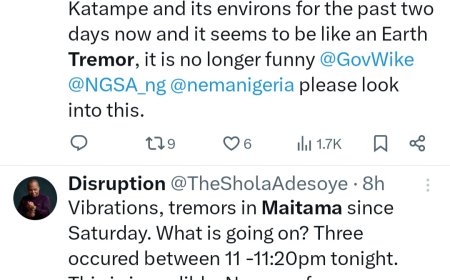A Love of Death: Exploring the Dark Side of Human Emotion

Disclaimer: The following essay explores a complex and often misunderstood topic. It is intended to provide an objective examination of the concept of a "love of death" and does not condone or glorify harmful or destructive behaviors.
The human psyche, a labyrinth of intricate emotions and desires, is capable of both profound love and profound darkness. One such darkness that has fascinated philosophers, psychologists, and artists for centuries is the concept of a "love of death." This phenomenon, often associated with morbid curiosity, self-destructive tendencies, or a desire for oblivion, is a complex and multifaceted aspect of human nature.
Historical and Philosophical Perspectives
The idea of a love of death, or thanatophilia, has deep roots in human history and philosophy. Ancient Greek mythology, for example, features figures like Thanatos, the personification of death, who was often depicted as a serene and even attractive figure. In some cultures, death was seen as a transition to a better world, a release from suffering.
Philosophers throughout history have grappled with the concept of death and its relationship to life. Plato, in his dialogues, explored the idea of the soul's immortality and its separation from the physical body. Nietzsche, on the other hand, saw death as a necessary part of life, a way to affirm the value of existence.
Psychological Interpretations
Psychologists have offered various explanations for the concept of a love of death. Sigmund Freud, in his theory of the death instinct, proposed that humans have an innate drive toward destruction and self-annihilation. This instinct, he argued, is often repressed but can manifest in various ways, including self-destructive behaviors.
More contemporary psychologists have suggested that a love of death can be a coping mechanism for trauma, loss, or feelings of hopelessness. When individuals are unable to find meaning or purpose in life, they may turn to death as a way to escape their suffering. Additionally, some people may be drawn to death as a way to experience intense emotions or a sense of control.
Cultural and Artistic Expressions
The concept of a love of death has been explored in various cultural and artistic expressions. In literature, authors like Edgar Allan Poe and Fyodor Dostoevsky have delved into the dark side of the human psyche, exploring themes of death, despair, and self-destruction. In art, painters like Edvard Munch and Gustav Klimt have created haunting and evocative works that capture the emotional intensity of death.
In music, bands like Joy Division and Nirvana have explored themes of death, suicide, and existential despair. Their music often resonates with individuals who are struggling with their own dark thoughts and feelings.
Ethical Considerations
The concept of a love of death raises important ethical questions. When does a morbid fascination with death cross the line into harmful or dangerous behavior? How can we help individuals who are struggling with suicidal thoughts or self-destructive tendencies?
It is essential to approach the topic of a love of death with sensitivity and compassion. While it is important to understand the psychological and cultural factors that contribute to this phenomenon, it is equally important to provide support and resources to individuals who are struggling with these issues.
Conclusion
The concept of a love of death is a complex and multifaceted aspect of human nature. It has fascinated philosophers, psychologists, and artists for centuries, and it continues to be a topic of exploration and debate. While there is no easy answer to the question of why some people are drawn to death, it is important to approach the topic with empathy and understanding. By recognizing the complexities of the human psyche and providing support to those in need, we can help to mitigate the harmful effects of a love of death.
What's Your Reaction?












































![Meet the Contestants of The Next Big Thing [TNBT]](https://flashupdates.com.ng/uploads/images/202508/image_430x256_688e0cb7c6806.jpg)























